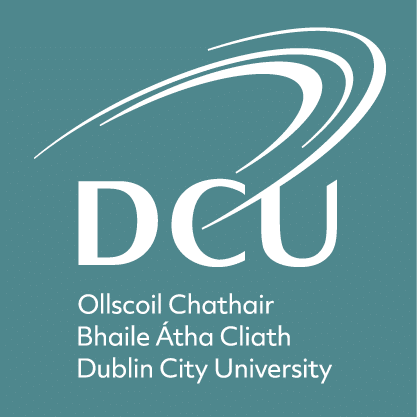Introduction
Theology is part of the critical, academic study of religion. As a university discipline, theology is situated within a multi-religious, secular, and interdisciplinary context. In this setting, theology thrives when it is comparative and dialogical, engaging with questions of how religions are actually lived in communities and traditions, past and present. It is for this reason that the MA in Theology and World Religions introduces students to comparative and constructive dialogue on the world’s major religious traditions.
This programme offers a foundational basis in the Christian traditions, exploring key historical, thematic, and textual aspects of both the Catholic and Protestant traditions. But the course go beyond this, bringing these into conversation with other traditions and fields of study. In this programme students engage with the traditions of Islam, Judaism, Buddhism, and more. Modules on this course also cover interdisciplinary topics such as comparative theology, literature and religion, Christian-Buddhist dialogue, and the study of sacred texts across religious traditions, including the Bible, Qur’an, and the Sutras.
Taught by staff with internationally distinguished records in research and teaching, the MA in Theology and World Religions welcomes students from varied religious and secular backgrounds. Many students arrive from years of involvement in religious and faith communities, from undergraduate programmes in the humanities, and from the education sector, to name just a few.
The programme will equip you with key cultural, political, historical and ethical insights, as well as tools for reasoning, critical thinking, and interdisciplinary research in an increasingly globalized world.
Why Do This Programme?
You’ll have access to DCU’s widely recognised expertise in the fields of Christian theology, comparative theology and world religions, theological ethics, biblical studies, philosophy of religion, public dialogue, and to the resources of our Institute of Ethics and the Centre for Interreligious Dialogue.
Upon completion of this programme, you’ll:
- Demonstrate and apply an understanding of a broad range of theological perspectives in comparative perspective and the contribution of world religions and interfaith dialogue to the contemporary search for meaning and values, justice and peace;
- Display a critical awareness of current scholarship in specific areas of comparative theology, and of key issues in ecumenism and interreligious dialogue;
- Know how to analyse and critique historical and contemporary theological and religious texts, with particular emphasis on primary sources;
- Be able to undertake theological research, present written research and engage in theological dialogue in a variety of contexts in the academy, in church and faith communities, and in society.
Programme Structure and Content
You can complete this course in one-year, full-time, or in two-years, part-time.
As a full-time student, you’ll take six taught modules over the course of a single academic year. You’ll also complete a research module that includes a series of seminars on research methodologies and a minor thesis. In addition, you may take an optional language module. Typically the programme is taught one or two evenings per week, usually Tuesdays and Thursdays.
The part-time plan follows much the same criteria as the full-time course, except you’ll complete your six taught modules and the research module over the course of two years. The part-time programme also runs on an evening schedule.
Programme Aims and Objectives
The MA in Theology and World Religions focusses on research in Comparative Theology, Theological Ethics, Philosophy of Religion, Buddhism, Islam, Judaism, Sacred Texts, Interreligious Theology, and Public Theology. Research in these thematic areas is blended with interdisciplinary teaching, sensitive to both local and global contexts. Balancing theoretical and practical elements, in light of ancient, medieval and modern contexts, the programme addresses religion in its many forms across diverse cultures.
Theology in DCU is studied in a distinctively ecumenical, interreligious, and interdisciplinary environment. The School offers an MA Theology and World Religions programme that explores not only the sources and roots of religion but also its contemporary setting.
For more info, see: https://www.dcu.ie/courses/postgraduate/school-theology-philosophy-and-music/ma-theology-and-world-religions
